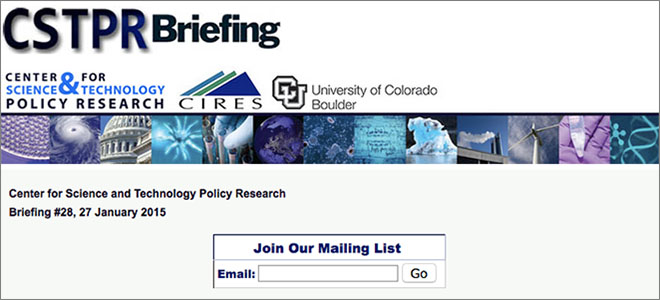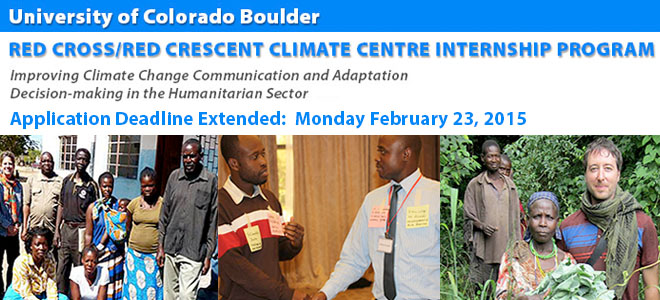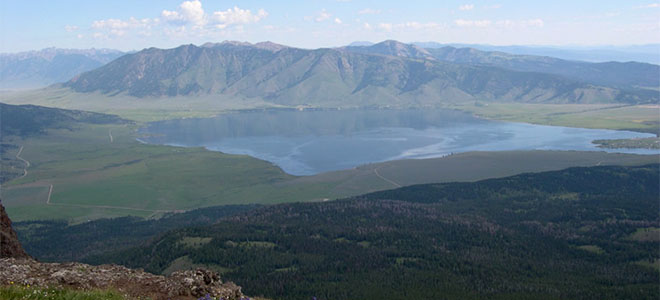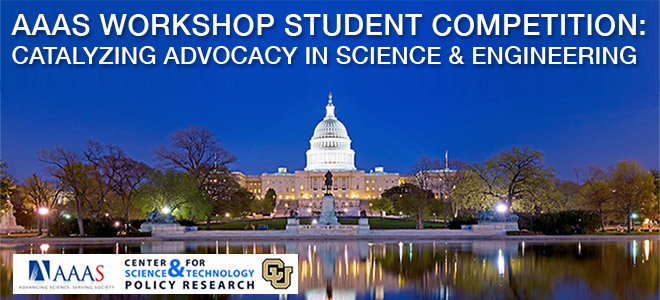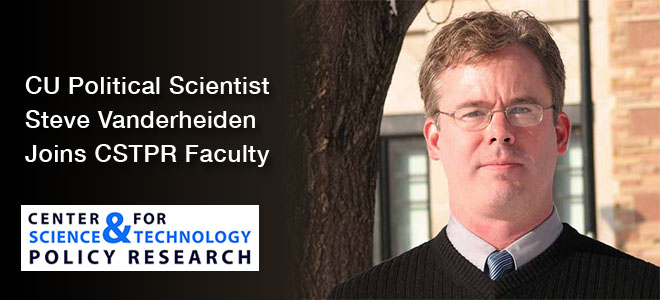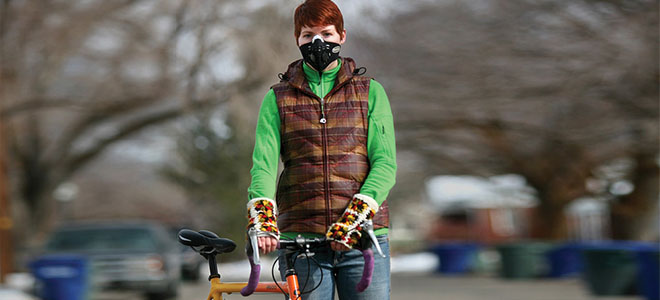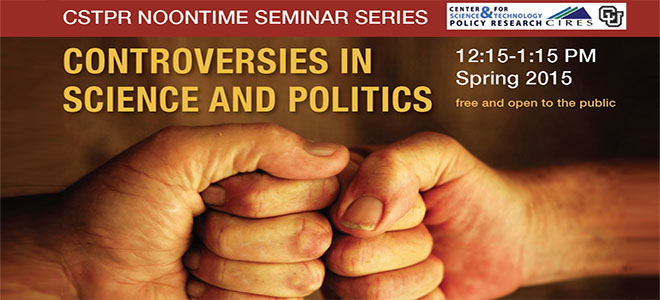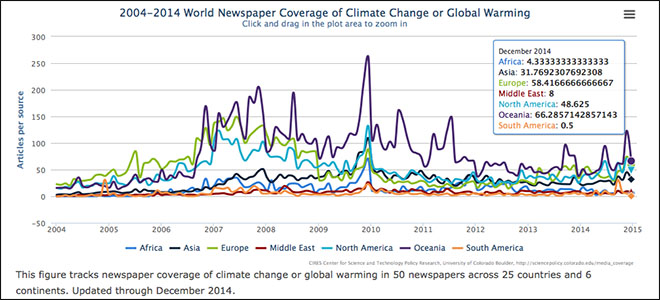
Roger Pielke, Jr. quoted in a U.S. News article:
Real (Political) Science With Ted and Marco
What happens when Ted Cruz and Marco Rubio chair committees that deal with global warming? Nothing – probably.
U.S. News, January 14, 2015
by Joseph P. Williams
It sounds like the premise of a new political sitcom: two anti-science, climate change-doubting politicians take control of a pair of critical, science-based committees that deal with global warming, Hilarity ensues when minority Democrats, playing the wacky, meddlesome neighbors, try to thwart them as the ice caps melt and Florida and Texas slowly vanish.
Sen. Ted Cruz of Texas and his fellow Republican, Sen. Marco Rubio of Florida, just picked up chairman’s gavels at subcommittees whose portfolios collect data and record the planet’s changes, the cornerstone of the climate-change debate. Cruz now oversees the Senate subcommittee that oversees NASA, the atmosphere and science policy; Rubio now chairs the subcommittee with the National Oceanographic and Atmospheric Administration — one of the largest weather data-gathering organizations on the planet — in its portfolio.
What could possibly go wrong?.
Lots, says Benjamin Schreiber, head of the the climate and energy team at Friends of the Earth. He says the Senate transition from Democrat blue to GOP red has consequences, and doesn’t augur well for how the nation tackles the critical challenge of global warming.
“The flip of the Senate is a huge change in the way our country is going to deal with the environment,” Schreiber told Talking Points Memo. “We’ve already seen that the Senate took up the Keystone XL pipeline as their first order of business. This is a huge symbolic vote to say that the first order of business is going to be to allow a Canadian company build a pipeline through the U.S. to export oil to the rest of the world.”
Paging Neil deGrasse Tyson and Bill Nye. Report to the Senate Commerce Committee, stat.
But Roger Pielke, director of the Center for Science and Technology Policy Research, has taken the long view: He thinks that having Rubio and Cruz in charge at NASA and NOAA probably won’t change very much, if anything.
Their public statements aside, “I would fully expect the significance of these two individuals to be muted,” Pielke, whose organization examines the intersection of science and politics, tells Whispers. He noted that science-based committees have changed party hands dozens of times over the decades, scientists and nonscientists have led them, and the world keeps spinning — mostly because bureaucracies are hard to penetrate, even by politicians with one eye on the next presidential campaign.
“I think we should expect business as usual, with a few new faces,” he says. “I don’t expect Republican revolution of the sort we saw in ‘94, but who knows.”
The reason: “Change is hard in the best of cases, even with a Republican House and Senate,” Pielke says.
Even skeptics like Rubio and Cruz don’t have the juice to defund, gut or kill NASA, an agency closely tied to the national identity and scientific research, or NOAA, which provides weather forecasting information to the airline and shipping industries, and has jobs “that show up all over the country,” Pielke says. “It’s not quite pork, but they’re spread around nicely.” Read more …


